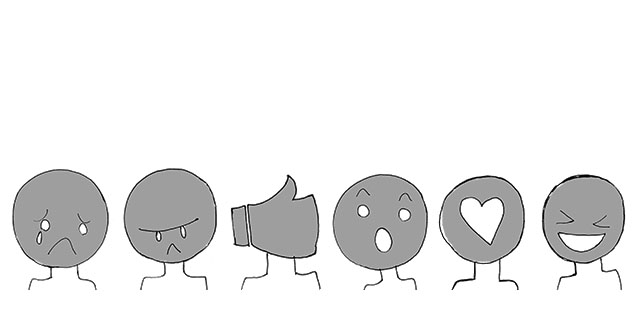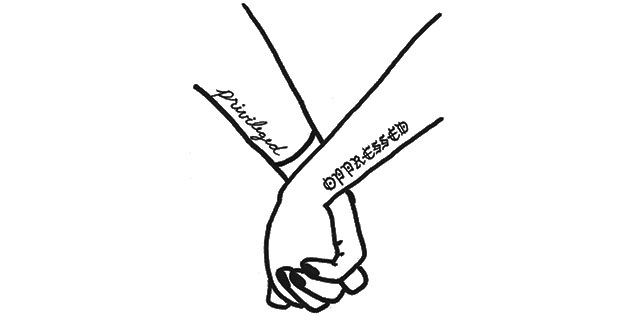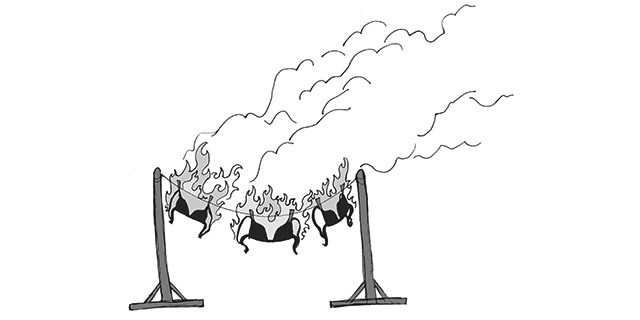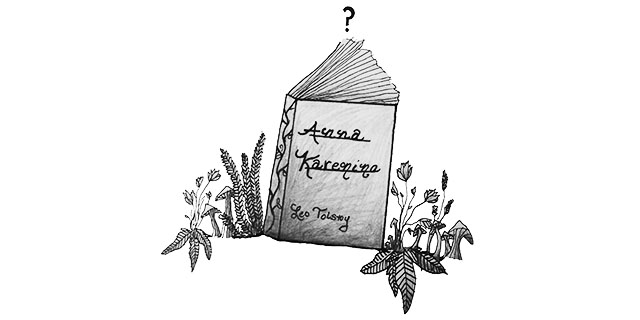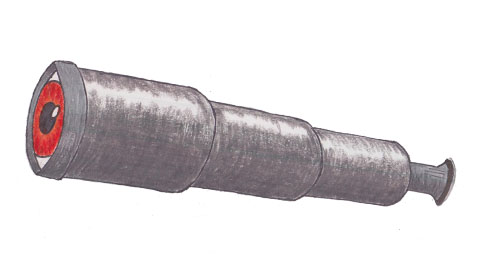
The 107th Congress passed the Uniting and Strengthening America by Providing Appropriate Tools Required to Interfere and Obstruct Terrorism Act (USA PATRIOT Act) on October 26, 2001 in response to the terrorist attacks on September 11 of that same year. The Act allows the various branches of the U.S. government to research and “obstruct” any person, group, or idea believed to support or advertise any domestic or foreign terrorist activities.
With a variety of clauses dedicated to preventing terrorism, the PATRIOT Act was signed into action by former President George W. Bush, who stated:
“These terrorists [behind the World Trade Center and anthrax attacks] must be pursued, they must be defeated, and they must be brought to justice. That is the purpose of this legislation.”
The most important Sections are classified as Section 215, Section 206, and Section 6001. Section 215 sanctions the seizure of “any tangible thing” without warrant that the government has reason to believe is affiliated with an act of terrorism. These “tangible things” include books, records, papers, documents and other items.
Section 206 permits the “roving John Doe wiretap,” allowing the surveillance and wiretapping of a specific person or facility without warrant, statement of purpose, or identity of the suspected terrorist.
Section 6001, or the “Lone Wolf” provision, authorizes secret surveillance of a non-US citizen who gives the government reason to believe he or she will participate or support an act of international terrorism.
While the PATRIOT Act’s goal is to ensure safety for the American people, it is easy to misinterpret it as authorizing the government to spy on every move that U.S. citizens make. Foreign Language Instructor Eric Reinholtz believes the PATRIOT to be a “social contract” in which Americans surrender certain social freedoms to be protected by the government. President Obama and former President Bush have shown support for and endorsed the Act separately, even as representatives of different political parties.
“[President] Obama and [former President] Bush have both been accused of infringing on human rights, but they both understand it is necessary to maintain surveillance and to intrude, to a certain extent, in the privacy of our citizens. I feel safe to fly, so I am willing to make that trade-off,” Reinholtz said.
History and Social Sciences Instructor Michael Rindge agrees that it is legitimate for the government to investigate and pursue persons wanting to harm the U.S. and its people but finds the lack of transparency to be the most disconcerting component of the Act.
“The problem [with the Act] shown through the NSA leaks shows a real lack of accountability for who is responsible for what. The Act needs to be teased out and explained to the American people more,” Rindge said.
Obama’s input on the twelve-year debate regarding the ethically ambiguous sections encourages Americans to understand the PATRIOT’s main goal is a safe and terrorist-free America, not to infringe on citizens’ rights and privacy. He spoke six years ago at the Senate hearing for the USA PATRIOT Act reauthorization and stated, “Either we protect our people from terror, or we protect our most cherished principles. But that is a false choice. It asks too little of us and assumes too little about America.”

